Bengaluru, Jun 8: Veteran Congress leader Mallikarjun Kharge on Monday filed his nomination as the party's candidate for the June 19 Rajya Sabha polls from Karnataka.
The former union minister filed his nomination in the presence of KPCC President D K Shivakumar, Leader of Opposition Siddaramaiah and other senior party leaders at the office of Legislative Assembly Secretary M K Vishalakshi, who is the returning officer for the polls.
Ahead of filing of nomination, the Congress Legislature Party meeting was held under the leadership of Siddaramaiah, after which Shivakumar issued "B-form" to Kharge.
The Congress high command on June 5 had announced Kharge as the party's candidate for the Rajya Sabha polls.
The election is scheduled on June 19 to fill four Rajya Sabha seats from Karnataka represented by Rajeev Gowda and BK Hariprasad of the Congress, Prabhakar Kore of the BJP and D Kupendra Reddy of the JD(S) that will fall vacant on June 25, with their retirement.
June 9 is the last date for filing nominations.
Congress with 68 MLAs in the assembly can win one of the four seats easily on its own, so Kharge's victory is said to be certain.
This will be the first stint in Rajya Sabha for Kharge, who has always got elected directly by the people in his political career spanning over four decades.
The leader, earlier popularly known as "solillada Saradara", (a leader without defeat), faced his first electoral loss in his political life against BJP's Umesh Jadhav in Gulbarga by a margin of 95,452 votes during the 2019 Lok Sabha polls.
A nine-time MLA and two-term Lok Sabha member, he had served as Congress floor leader in the previous Lok Sabha, and also as Union Railway and Labour Minister during the UPA government.
Kharge, who is 77-years-old, has also served as minister during several Congress governments in the state, and as KPCC President and Leader of Opposition in the Karnataka Assembly in the past.
His son, Priyank Kharge, is currently MLA representing Chittapur constituency and had served as minister during the previous Congress and coalition governments.
JD(S) patriarch and former Prime Minister HD Deve Gowda is the JD(S) candidate.
The regional party that has 34 seats in the assembly is not in a position to win a seat in Rajya Sabha on its own, and will need the support from the Congress with its surplus votes.
A minimum of 44 votes are required for candidates to win.
BJP with 117 members in the assembly (including Speaker), can ensure easy victory in two seats.
The BJP's central leadership on Monday sprang a surprise by fielding Eranna Kadadi and Ashok Gasti as its candidates for the Rajya Sabha election ignoring the recommendations of the state BJP unit.
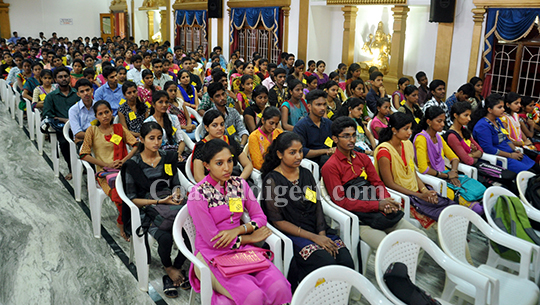
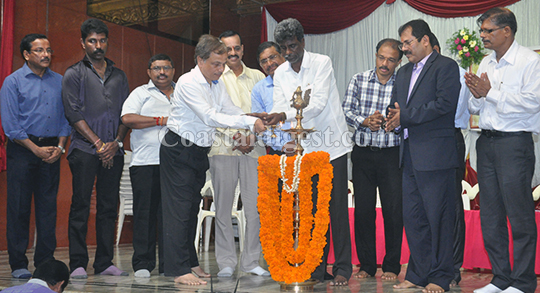
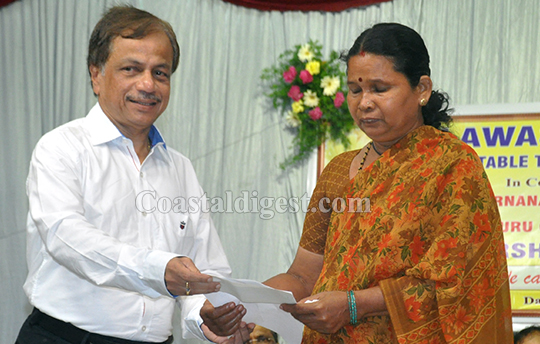
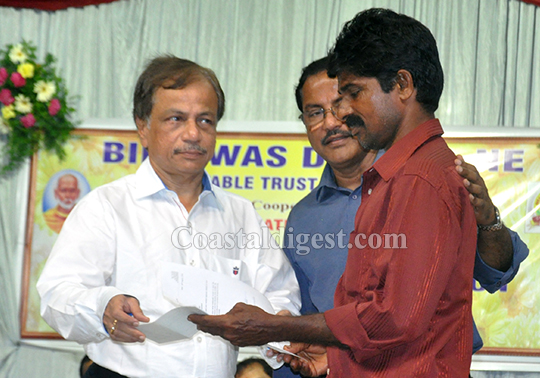
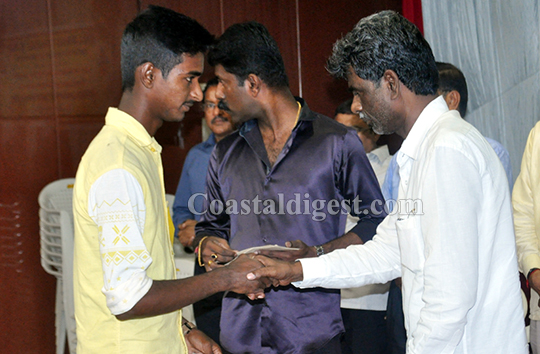
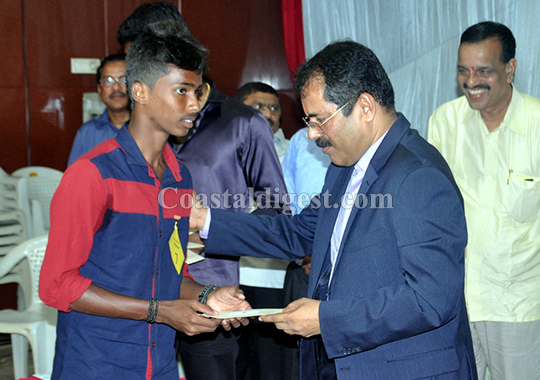
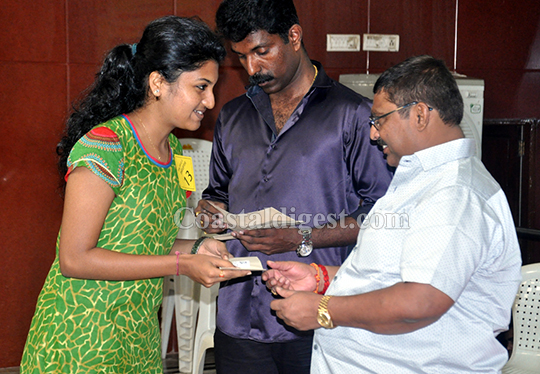
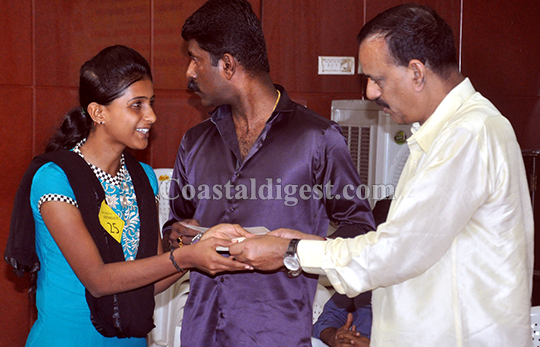
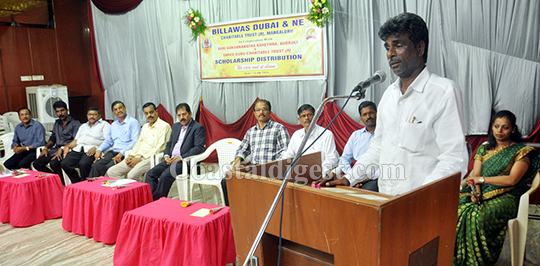
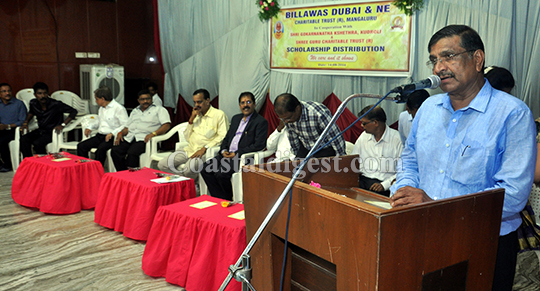
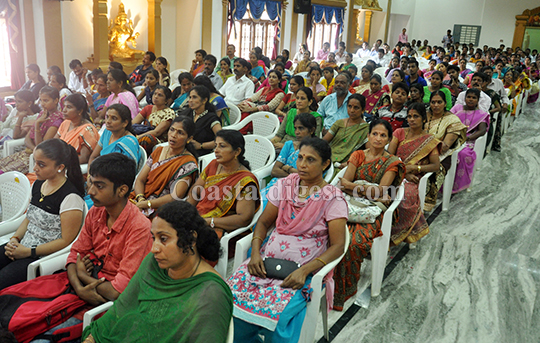




Comments
Education is the key to success, it destroy all enemies of society.
Always go for quality education.
Peaceful life is the result of education.
Teach inter-community harmony.
Teach your children 'Other caste as their brothers and cousins. \";88.85.231.200"
Education is the key to success, it destroy all enemies of society.
Always go for quality education.
Peaceful life is the result of education.
Teach inter-community harmony.
Teach your children 'Other caste as their brothers and cousins. \";88.85.231.200"
Add new comment